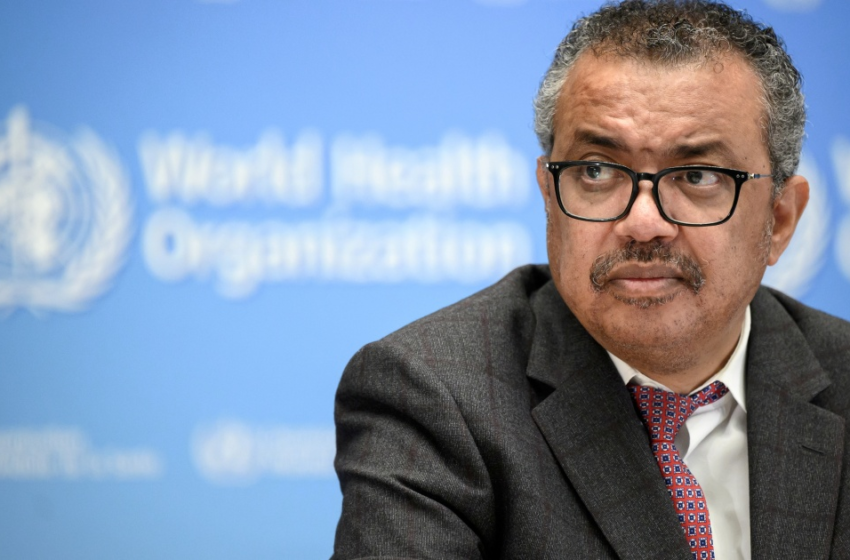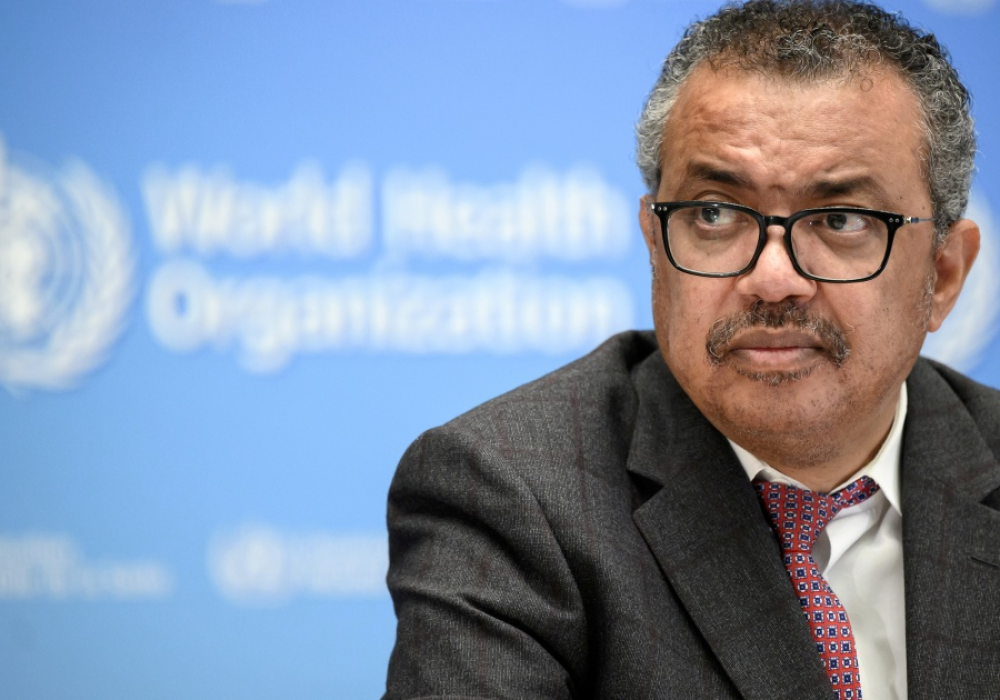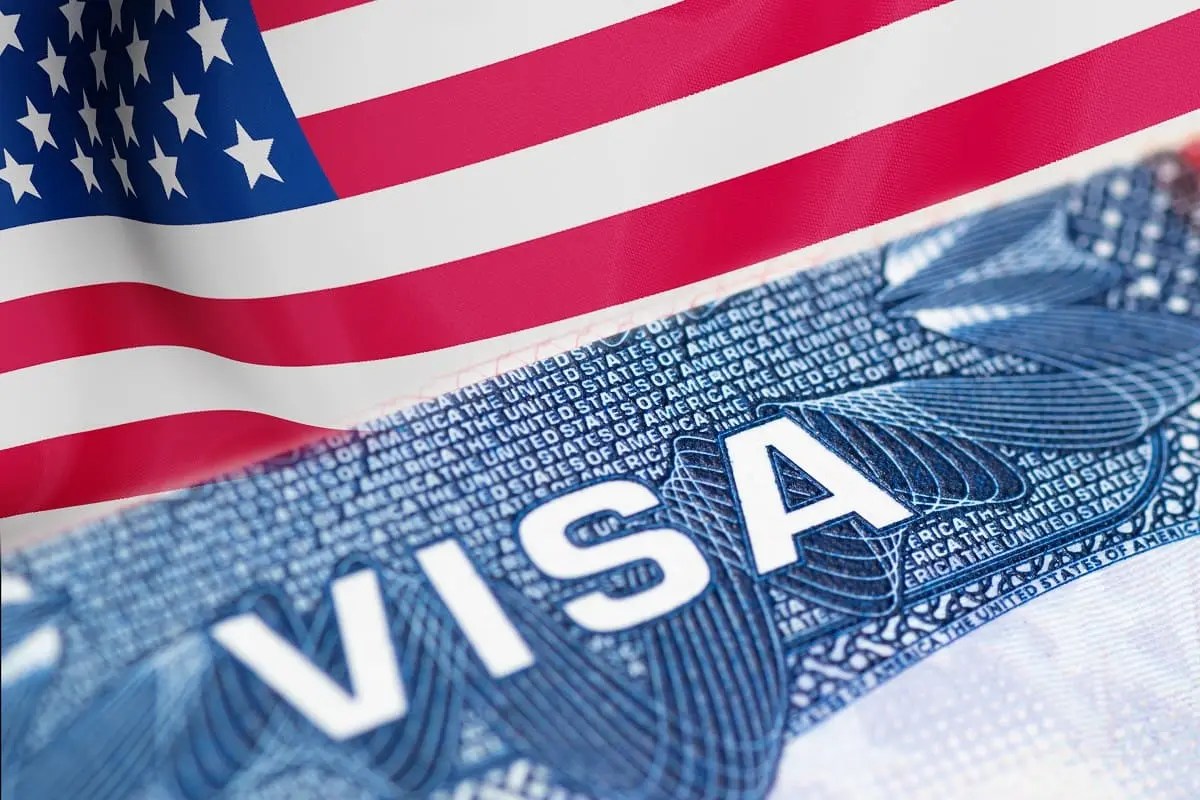The chief of the World Health Organization has said coronavirus vaccines help reduce transmission of the dominant Delta variant by 40 percent and warned that people were falling into a “false sense of security” after vaccination.
In a news briefing in Geneva on Wednesday, Tedros Adhanom Ghebreyesus said many vaccinated people were wrongly thinking receiving the COVID shot meant they no longer needed to take any other precautions.
“In many countries and communities, we are concerned about a false sense of security that vaccines have ended the pandemic, and that people who are vaccinated do not need to take any other precautions,” Tedros told reporters.
“Vaccines save lives, but they do not fully prevent transmission,” he added.
Media briefing on #COVID19 with @DrTedros https://t.co/YeGyqGK92s
— World Health Organization (WHO) (@WHO) November 24, 2021
“Data suggest that before the arrival of the Delta variant, vaccines reduced transmission by about 60 percent. With Delta, that has dropped to about 40 percent,” Tedros warned.
Delta is now overwhelmingly dominant around the world, having all but out-competed other strains.
“We cannot say this clearly enough: even if you are vaccinated, continue to take precautions to prevent becoming infected yourself, and infecting someone else who could die.”
“That means wearing a mask, maintaining distance, avoiding crowds and meeting others outside if you can, or in a well-ventilated space inside.
Crisis in Europe
WHO emergencies director Michael Ryan on Wednesday said that people in Europe were “back to pre-pandemic levels of social mixing” despite an alarming rise in cases and hospitalisations.
“The reality is the virus will continue to transmit intensely in that environment,” he told reporters.
Europe’s return as the pandemic’s epicentre has been blamed on Delta, a slow vaccine uptake in some nations, colder weather, and the easing of restrictions.
 People wearing face masks stand in a reportedly 700-meter-long queue to get vaccinated in the Philharmonic Hall ‘Elbphilharmonie’ in the northern German city of Hamburg on November 22, 2021 [Morris Mac Matzen/AFP]
People wearing face masks stand in a reportedly 700-meter-long queue to get vaccinated in the Philharmonic Hall ‘Elbphilharmonie’ in the northern German city of Hamburg on November 22, 2021 [Morris Mac Matzen/AFP]“Last week, more than 60 percent of all reported cases and deaths from COVID-19 globally were once again in Europe,” Tedros said.
“The sheer number of cases is translating to unsustainable pressure on health systems and exhausted health workers.”
Europe recorded more than 2.4 million new cases last week, an 11-percent rise on the week before. In Germany, infections were up 31 percent.
WHO epidemiologist Maria van Kerkhove said that it was important to take measures during the European holiday period, adding that “social measures do not mean lockdowns”.
In the past weeks, riots have broken out in several European countries as more lockdowns and restrictions were introduced in places like Germany, Netherlands and Belgium.
IP waiver treaty
Tedros voiced hope that a consensus can be found at World Trade Organization ministerial next week for an IP waiver for pandemic vaccines, already supported by more than 100 countries.
The WHO chief said he was encouraged about a “broad consensus” being reached on an international agreement on preventing future pandemics at the UN’s special session of the World Health Assembly, calling it a “unique opportunity”.
“The world has treaties to manage other threats; surely countries can agree on the need for a binding pact on the threat of pandemics,” he added.
Moreover, the WHO director-general said that while the world continued to respond to the coronavirus pandemic, it “cannot lose sight of the many other threats to health that people face around the world, including antimicrobial resistance.”












